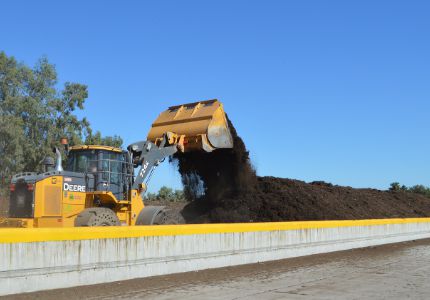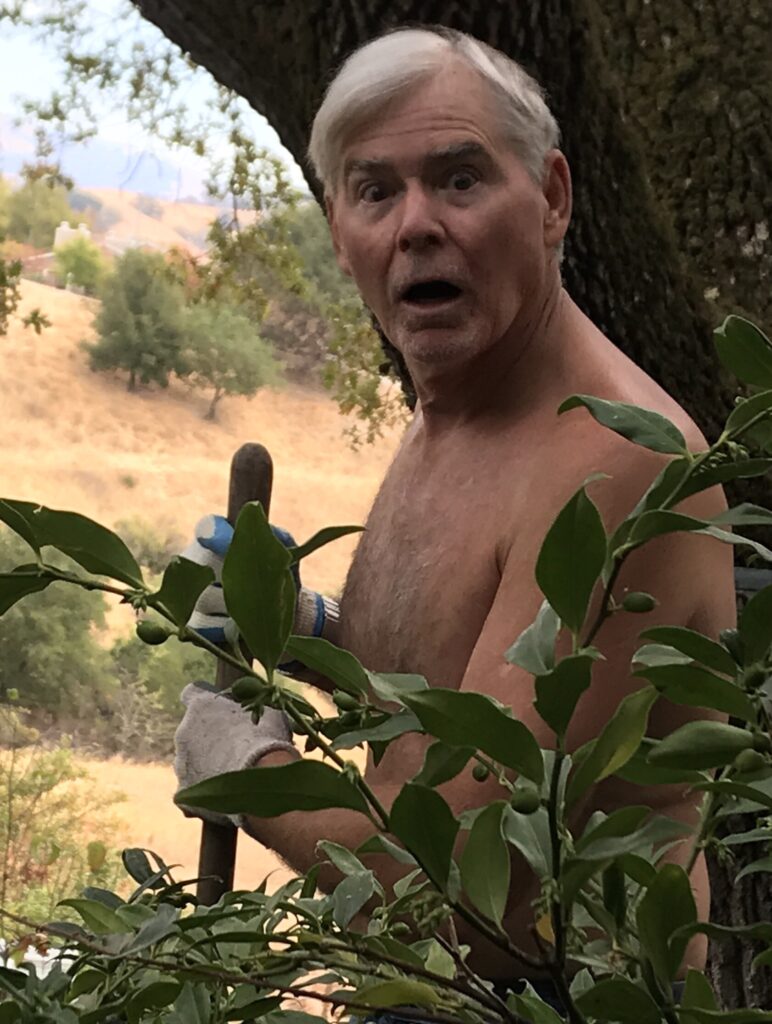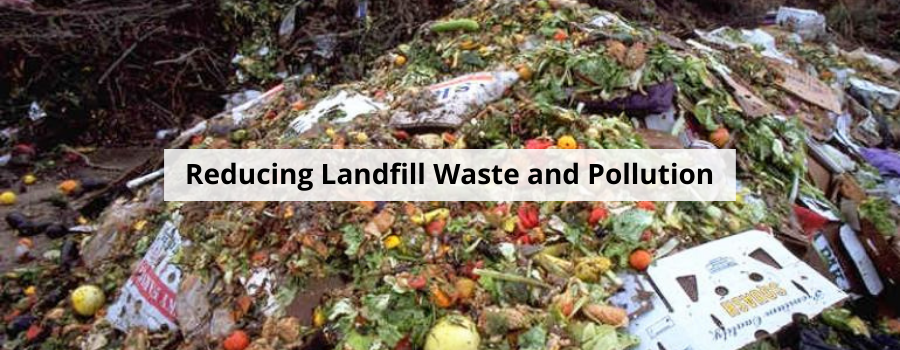by David King
There has been a bit of news noise about this year’s new law SB 1383 requiring us to now separate out food scraps from our trash. This law makes failure to do so a punishable offense. It requires communities to remove organic materials out of the landfill and into other reuse.
Food scraps, yard trimmings, paper, and cardboard make up half of what Californians dump in landfills. When these materials decompose, they emit 20% of the state’s methane and other pollutants into the atmosphere adversely affecting our climate and contributing to health conditions such as asthma. Landfills are the third largest source of methane in California.
To address the issue, in 2016, Governor Brown signed AB1826 and set methane emissions reduction targets in a statewide effort to reduce emissions of short-lived climate pollutants (SLCP). The goals of AB 1826 are to reduce organic waste disposal 75% by 2025. Another target is to rescue at least 20% of currently disposed surplus food by 2025.

Yard trimmings, food scraps, and other types of organic waste can be recycled into new products like compost, mulch, biofuel, and electricity.
Beginning January 1, 2022, SB 1383 requires cities and counties to procure annually a quantity of recovered organic waste products to meet their annual procurement target.
“AB1826 was a goal, not a mandate. There was no enforcement behind it and no penalty for non-compliance. SB1383 gives that legislation enforceable teeth,” Salvatore Evola, Director of Environmental and Regulatory Affairs for Mount Diablo Resource Recovery.
This serves the overall integrated plan of CA Resource Board. Refineries, automotive and other industries already have regulations, not this industry.
“SB1383 requires all commercial businesses to have organize service and extends it into residential. It makes it a mandate not a goal. It requires every local jurisdiction to amend their municipal codes to make it an enforceable law with fines and penalties for lack of compliance.”
Concord, Pittsburg, Oakley, and parts of unincorporated eastern Contra Costa County have all adopted their ordinances that take effect. Some were already in effect.
“It is important to understand for the commercial sector, this is a steppingstone of AB 1826. Several businesses in Pittsburg and Concord are already doing the right thing. “
Walnut Creek, Danville, Lafayette, Orinda, and Moraga are serviced by Recycling Smart, a JPA (Join Powers Authority). Thirty years ago those cities got together to manage recycling and garbage better as a group. They have already been doing this for several years. Residents were given special in-home collection bins to capture food scraps.
Communities whose trash is serviced by Republic, i.e.,Pleasant Hill, Martinez, Clayton, and Antioch, have already implemented residential organic reuse behavior.
“We as a company are going to continue to work with all our commercial customers and do the proper outreach.
If you are a restaurant, you may have a certain level of garbage service whereby if you start putting food scraps into a separate organic container, you may no longer need as large of a garbage container and can downsize. It’s not a one shoe fits all. We need to visit the commercial sector and throughout the year for the city we serve, we will be collaborating with our existing commercial customers to bring them all to compliance under SB1383. But Clayton Concord, Pittsburg, Pleasant Hill, Bay Point, Antioch, Oakley, this is new commercially.”
MDRR, needs to build a new facility to process organics that include food scraps.
“All the material that we pick up, garbage, green waste, and recycling, comes back to our facility in Pittsburg on Loveridge Road whereby we optimize the use of discarded materials and only send to landfill those materials that have no better or higher use. We need to build a building where the materials can come indoors, because our permits do not allow food waste to be mixed with green waste and dumped outdoors to be processsed. Now, our trucks dump green waste on the ground and it goes out to compost. The minute it has food waste, it attracts varmints and odors, and must go to landfill. Once a building is built, the dumping will go indoors and processed.
Because of facility improvements that are necessary and underway, MDRR will not be rolling out residential program for another 18 to 24 months. Evola says that delay is partly because of COVID delays and partly due to the slow building permit process. Currently, commercial organic waste does go indoors, but there is no room to redirect all residential into the facility.
SB 1383 is specific to each jurisdiction. MDRR residential customers in Concord and eastern county do not need to do anything different.

As the Naked Gardener says, start composting now at home if you wish to begin and do your part in environmental sustainability.

